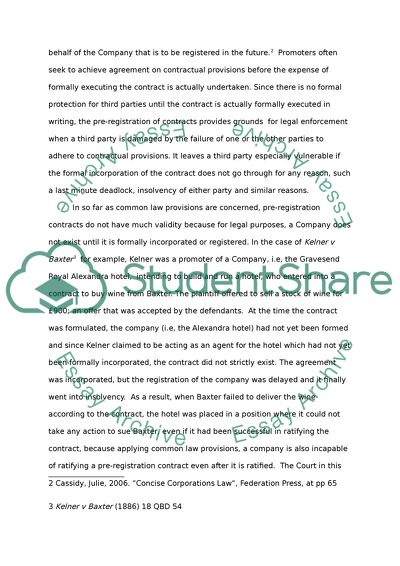Cite this document
(Analysis of Companies and Partnership Law Cases Case Study, n.d.)
Analysis of Companies and Partnership Law Cases Case Study. https://studentshare.org/law/1743220-companies-and-partnership-law
Analysis of Companies and Partnership Law Cases Case Study. https://studentshare.org/law/1743220-companies-and-partnership-law
(Analysis of Companies and Partnership Law Cases Case Study)
Analysis of Companies and Partnership Law Cases Case Study. https://studentshare.org/law/1743220-companies-and-partnership-law.
Analysis of Companies and Partnership Law Cases Case Study. https://studentshare.org/law/1743220-companies-and-partnership-law.
“Analysis of Companies and Partnership Law Cases Case Study”. https://studentshare.org/law/1743220-companies-and-partnership-law.


